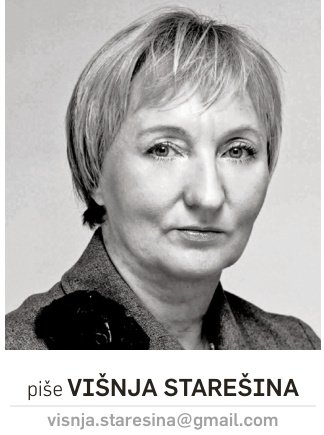How to say in English what you studied at university? Sometimes it is easy, as with medicine (medicina) or law (pravo), and sometimes it is more difficult as with civil engineering (gradevina). And while ‘ekonomija’ seems simple, it is usually translated wrongly as ‘economy’, when it should be ‘economics’. Economics is a scientific study (other examples include statistics, physics, mathematics), while economy describes a system or range of economic activity in a country (the Croatian economy), region (East European economies) or community. Economy in this sense is countable i.e. it has plural form, e.g. South American economies.
Another meaning of the word economy is closer to its early Greek meaning. The origin of the word can be traced back to the word ‘oikonomos’ (‘one who manages a household’). Good household managers spend money wisely, and so the word ‘oikonom’, derived with time from ‘oikonomos’, came to mean thrift or the careful use of money. The word ‘economy’ has retained this meaning to the present day. Many jokes are told, whether justified or not, at the expense of the Scots and their parsimony – they apparently love to make economies (save money). An organisation can make economies by laying off employees or cutting overheads, and economies in household spending can be made by reducing heating and electricity costs, or by using public transport instead of a car.




